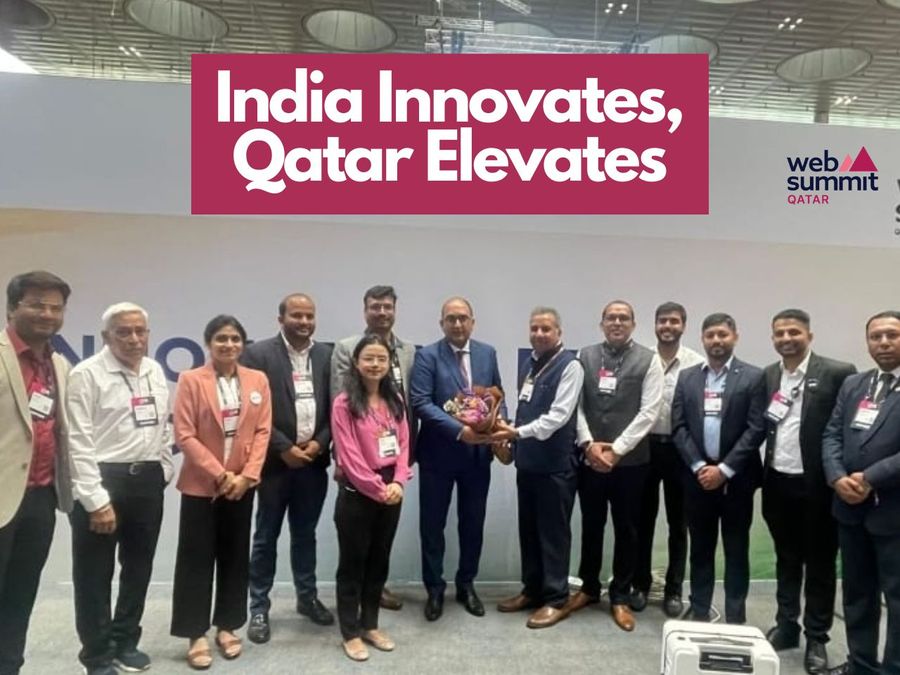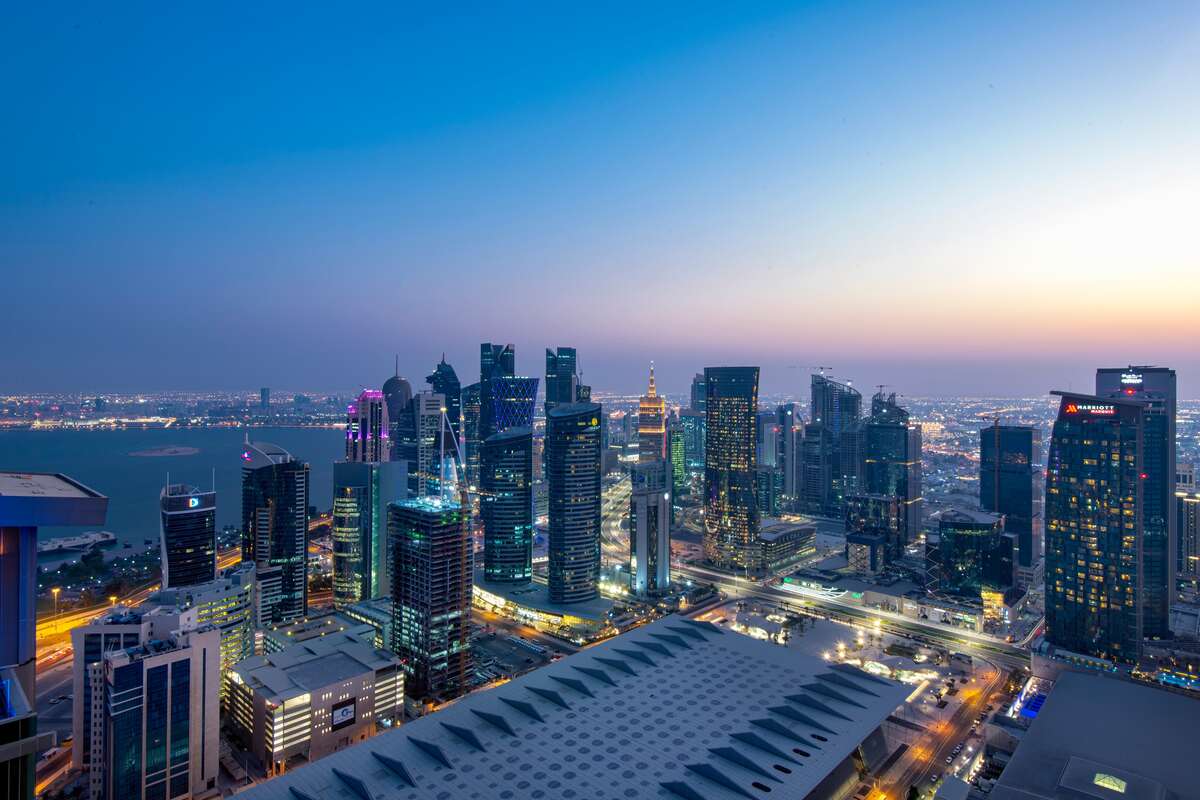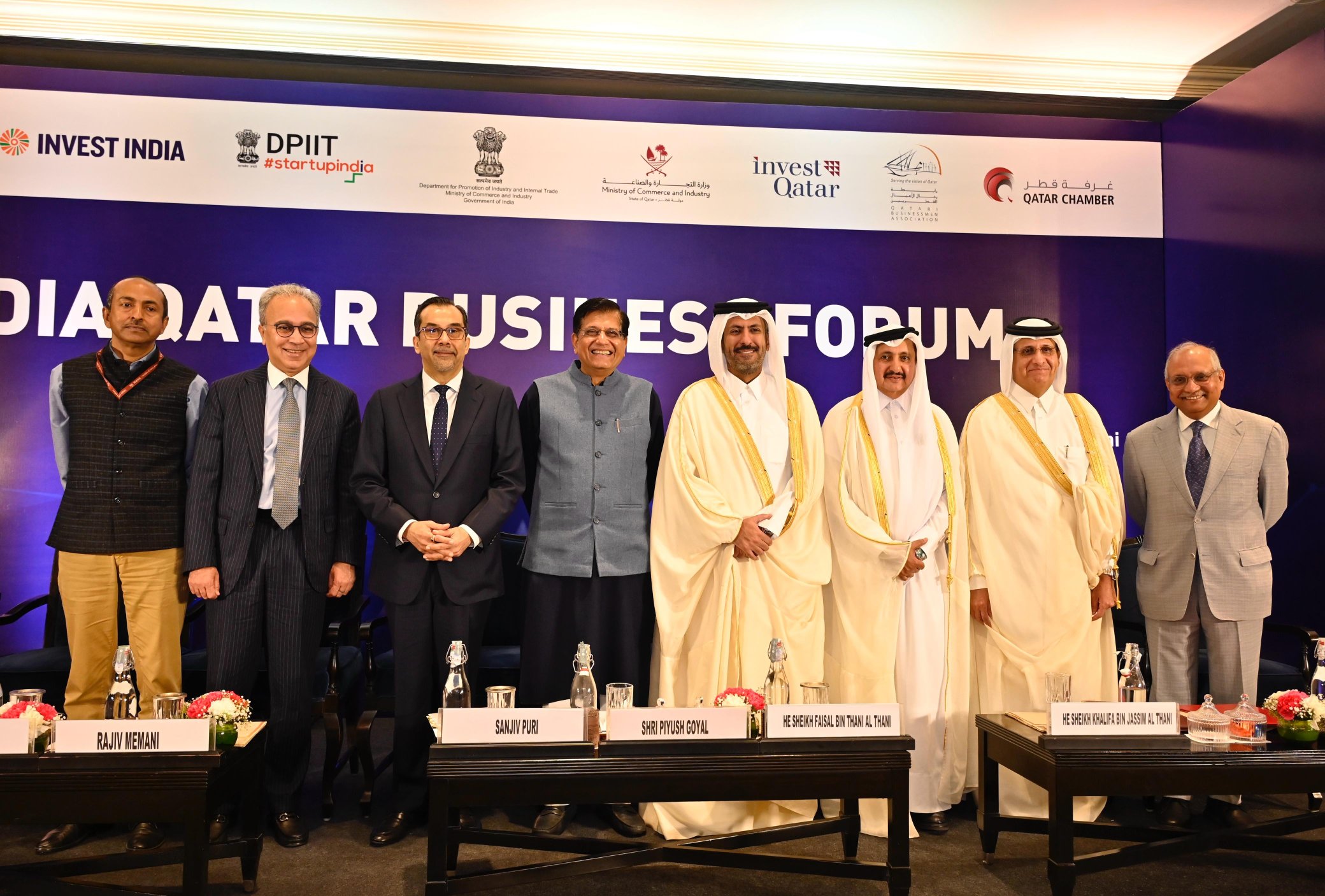Non-energy private sector continues to expand in July

Doha: Qatar’s non-energy private sector continued to expand at the start of the second half of 2024, according to the latest Purchasing Managers’ Index (PMI®) survey data from Qatar Financial Centre (QFC) compiled by S&P Global.
Output and new orders both grew at solid rates that were broadly in line with their respective long-run survey trends, while companies were increasingly confident regarding the 12-month outlook.
Firms also made inroads into outstanding business, with backlogs falling the most since January 2023.
Overall cost pressures were muted as higher purchase prices were partly offset by lower staff costs.
The Qatar PMI indices are compiled from survey responses from a panel of around 450 private sector companies.
The panel covers the manufacturing, construction, wholesale, retail, and services sectors, and reflects the structure of the non-energy economy according to official national accounts data.
The headline Qatar Financial Centre PMI is a composite single-figure indicator of non-energy private sector performance.
It is derived from indicators for new orders, output, employment, suppliers’ delivery times and stocks of purchases.
The PMI registered 51.3 in July, down from June’s 23-month high of 55.9 but still signalling an overall improvement in business conditions in the non-energy private sector economy.
It was slightly below the long-run trend level of 52.3 (since April 2017).
July data signalled a strengthening in demand in the Qatari non-energy economy.
The level of incoming new orders expanded for the seventeenth time in 18 months, and at a solid rate that was broadly in line with the long-run survey trend.
Companies reported new orders due to strong reputations, customer trust and high-quality goods and services.
The sustained increase in new business in July resulted in another robust expansion in total activity.
Output has risen continuously for over four years except for two brief pauses in January and December last year.
Despite rising demand for goods and services, companies were able to reduce the volume of outstanding orders at the fastest rate since January 2023, due to improved productivity.
Confidence regarding the next 12 months strengthened to a ten-month high in July.
Firms reported the planned opening of new locations, adoption of new technologies, investment in training and latest marketing strategies.
Demand for inputs rose in July, as purchasing activity increased for the fifth successive month.
Despite this, lead times improved to the greatest extent since July 2023 as companies developed relationships with suppliers.
Input stocks declined for the fifth time in 2024 so far, albeit only marginally.
Private sector employment in Qatar was slightly lower in July compared with June, mainly emanating from the construction sector.
That said, only 6 percent of firms reported lower staffing during the month.
Cost pressures were muted in July as purchase prices rose, but staff costs decreased.
Prices charged for goods and services were broadly unchanged since June.
Qatari financial services companies recorded further sharp expansions in total business activity and new contracts in July, albeit at softer rates than in June.
The seasonally adjusted Financial Services Business Activity and New Business Indexes posted 56.2 and 57.2 respectively, above the figures for the private sector economy as a whole.
Companies also remained strongly optimistic regarding the 12-month outlook, with sentiment unchanged since June at the highest level since July 2023.
Meanwhile, employment growth was maintained for the sixteenth successive month.
In terms of prices, average charges set by financial services companies rose at the second-strongest rate since April 2023.
Meanwhile, average input prices rose the most since June 2022.
QFC CEO, Yousuf Mohamed Al Jaida.
Yousuf Mohamed Al Jaida, Chief Executive Officer, QFC Authority, commented: “The PMI remained firmly in growth territory in July, with the latest gains in output and new orders running broadly in line with their robust long-run averages.
“Growth momentum eased at the start of the third quarter, though this correction was perhaps to be expected in the context of a surge in June when the PMI posted its second-highest level in the survey history when excluding the post-pandemic rebound and lead-up to the 2022 World Cup.
Financial services remained a bright spot in the economy, registering further sharp growth in new business and activity.
“July data also suggested an improvement in productivity, reflecting the combination of increased new orders, lower outstanding business and a slight reduction in employment. Companies highlighted investment in new technologies and training as key to their growth strategies,” he added.
Related
Qatar Business Leaders Optimistic About Long-Term Growth – HRO Today
Research from KPMG finds CEOs are prioritising resilience, technological innovation, and adaptability in 2025. By Maggie Mancini As organisations respond to glo
Indian Startups Showcase Innovation and Global Expansion at Web Summit…
Indian startups are making waves globally, and their latest venture at Web Summit Qatar 20
Qatar’s tax authority launches 100 percent financial penalty exemption initiative…
To qualify, companies must register on the Dhareeba Tax Portal and ensure that all taxpayer data is updatedQatar’s General Tax Authority recently announced th
India-Qatar Joint Business Forum held to Strengthen Bilateral Economic Ties…
NEW DELHI : On the sidelines of the visit of H.H. Sheikh Tamim bin Hamad bin Khalifa Al Thani, Amir of Qatar to In












